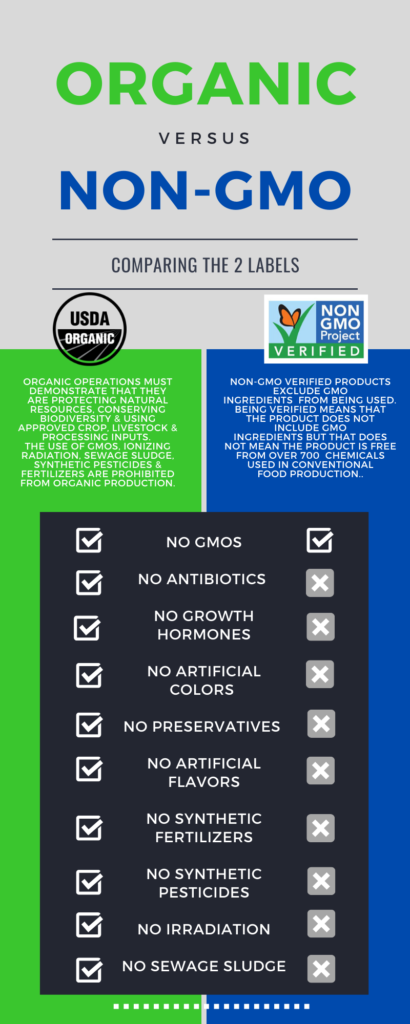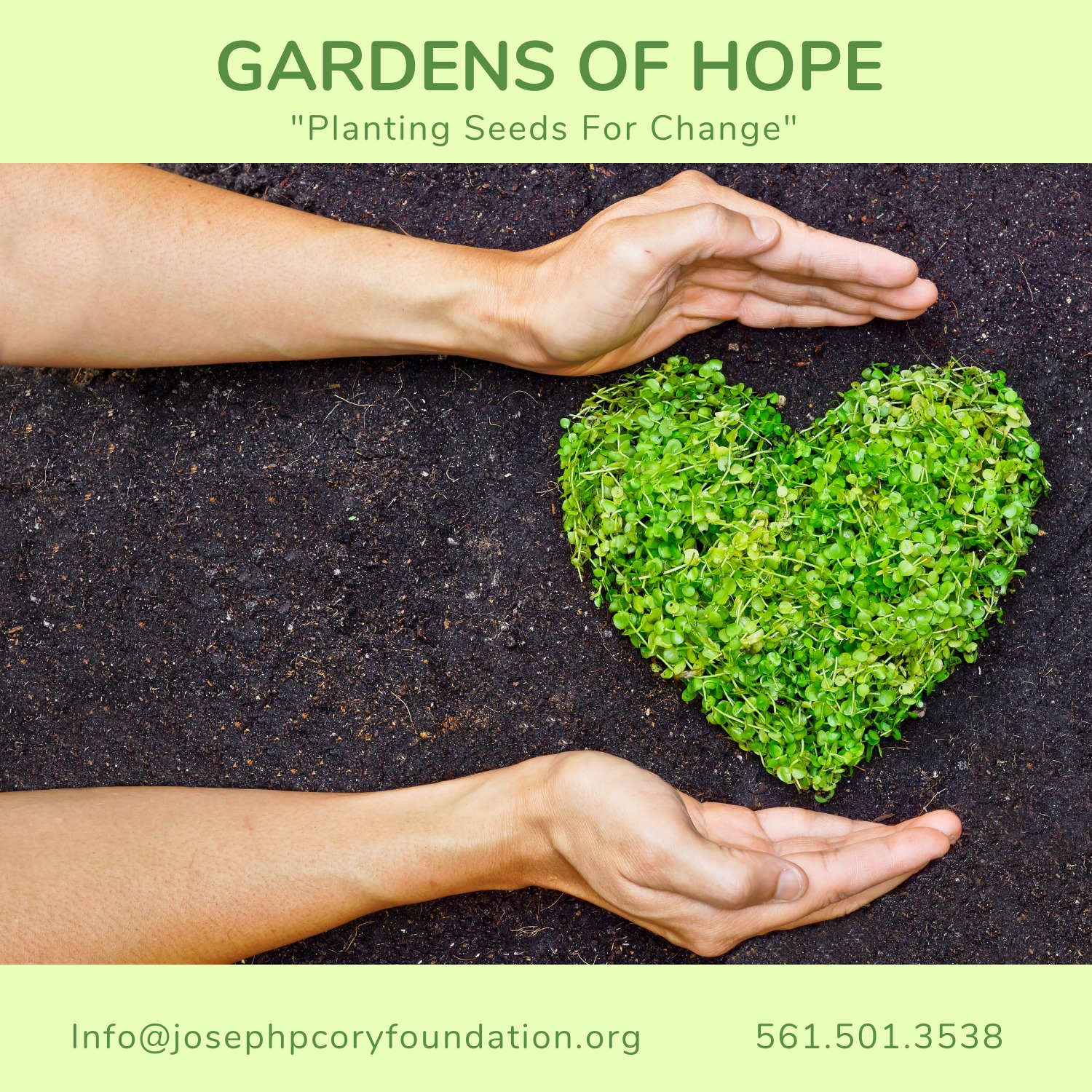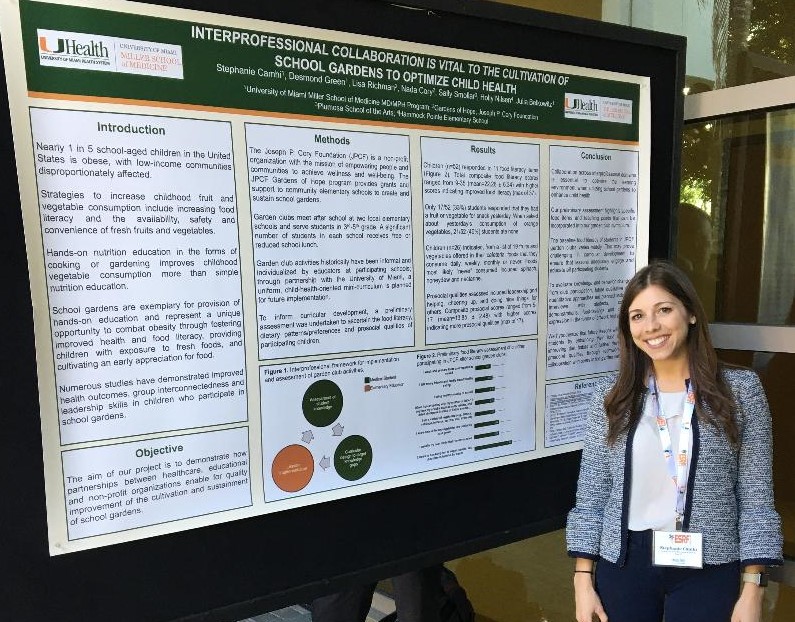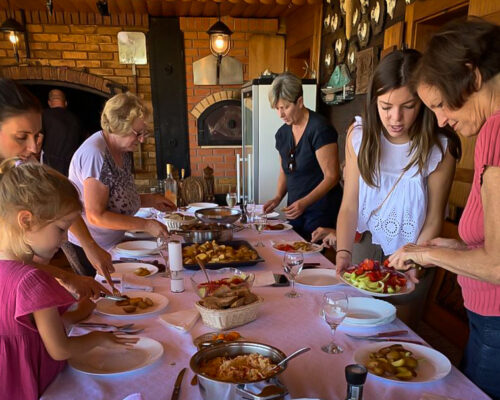RIGHT FROM THE SOURCE! GROW YOUR OWN – BUY LOCAL
WHAT IS SUSTAINABLE AGRICULTURE?
Sustainable agriculture is a way of producing food that is healthy to eat, does not harm the environment, humane for workers, respects animals, provides farmers a fair wage, and supports and enhances local communities. There is no “sustainable” label at this time, so eating sustainably means understanding the issues, getting involved with your food, and knowing the people who grow and sell.
Key Elements of Sustainable Farming Minimizing the use of toxins – Sustainable farmers work in conjunction with the environment, using natural non-polluting methods to control pests and weeds whenever possible. Sustainable farms rely on crop diversity, beneficial insects, and pest resistant plants. This methodology controls destructive insects/pests, thereby minimizing the use of pesticides and minimizing negative effects on crops and the environment.

Soil Conservation and Environmental Stewardship – On a sustainable farm, what is taken out of the soil is replenished, so that the land remains healthy and fertile generation after generation. Sustainable farms conserve soil through erosion-prevention methods such as windbreaks, cover crops, and low-impact tillage methods. A fallow season and cover crop have also been a practice for farmers as well. The fields are naturally flooded to kill diseases and insects in the soil. The soil is sampled every year and tested to determine what is needed to produce a healthy crop.
Biodiversity – Sustainable farms raise different types of plants and animals, which are rotated around the fields to enrich the soil and help prevent disease and pest outbreaks. When farms are diversified, they are also better protected against natural disasters, because if one crop is damaged, another may survive to help make up lost income.
Economically Viable and Socially Just – Farms must also be economically sustainable for the farmers who own them. They must be able to earn a fair price for their products, and in turn, be able to pay their workers a fair wage. Additionally, sustainable farms ensure a safe working environment where workers board on a farm, providing decent living conditions and food. When a farm business is financially sustainable, local businesses and the community as a whole, benefit.
Benefits of Sustainable Food – The concept of sustainability also involves eating locally raised food when possible, which decreases the time it sits around before reaching your plate. This matters, for it increases its nutrient value, for foods begin losing nutrients as soon as they are harvested. Recently picked produce retains more of its flavor, and eating food that is raised close to home may lower your carbon footprint, depending how far it is transported before reaching you. Purchasing sustainable food can also help save independent family farms. This not only supports communities, but helps protect all of us from having our food supply controlled by just a few companies. Small farms also help ensure that our food choices remain diverse, and protects us all from monopolization of our food supply. By eating sustainably, you are also supporting a true American tradition that is part of our cultural heritage – the small, independent family farmer.
Questions? info@josephpcoryfoundation.org
YOU CAN LEARN MORE AT OUR FIRST “YOUR HEALTH IS YOUR WEALTH” TALK ON NOVEMBER 19TH AT 10:00 AM. Register Now: https://discover.pbcgov.org/parks/Lists/EventsCalendar/EventDispForm.aspx?ID=963&Source=https%3A%2F%2Fdiscover%2Epbcgov%2Eorg%2Fparks%2FLists%2FEventsCalendar%2Fcalendar%2Easpx #yourhealthisyourwealth #palmbeachcountyparksandrecreation #josephpcoryfoundation #sustainable #growyourownfood





